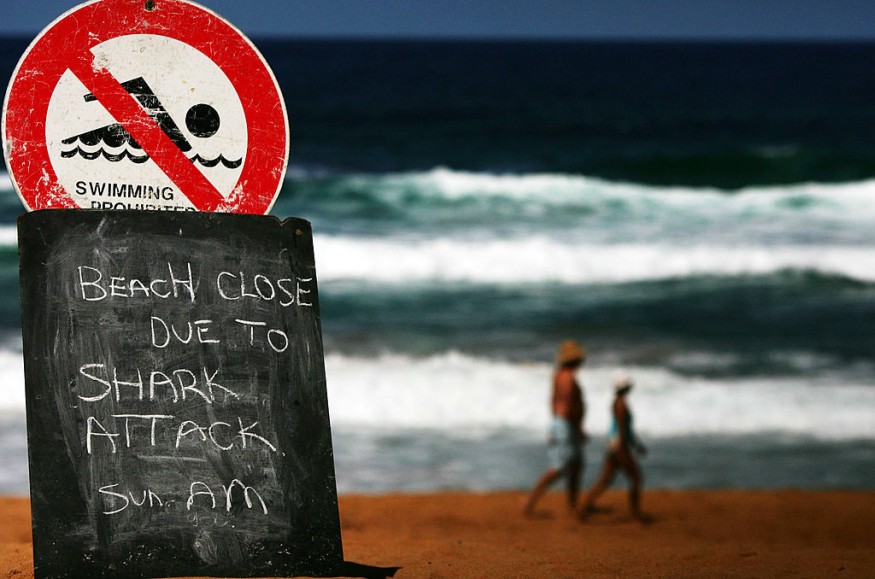A surfer was attacked by an apparent great white shark off the central California coast Friday, and authorities pronounced the man dead on Christmas eve. This led to authorities closing some beaches in San Luis Obispo County after the fatal shark encounter of the thirty-one-year-old bodyboarder.
"It's a horrible accident," Eric Endersby, the Morro Bay harbor patrol director, told CNN. "Fortunately, the weather and wind has ruined the surf, so there are not many surfers, but we've closed the waters for safety."
The Friday fatality marks the first shark attack death in 18 years in the area, midway between Los Angeles and Jan Jose. Endersby and county officials are still on the process of identifying the victim and had already contacted his closest family and relatives last Saturday.
"Mother Nature was on our side because we could have had more people out for sure," Endersby told the LA Times, mentioning that the bad weather had led fewer people in the water.
Series of Shark Encounters in the Area

"Harbor, Police and Fire Departments responded to a report of a male victim unresponsive on the beach after he was pulled from the water suffering from an apparent shark attack," the Harbor Department said in a statement.
Authorities have ordered beachgoers to stay out of the water for the next 24 hours and were already working on closing some of the beaches after the fatal incident.
Endersby recalled a few recent non-fatal shark encounters in the last 10 years. One of the, includes a student named Nick Wapner who was bitten by a Great White shark off Montaña de Oro state park in 2019. A man in his 50s also encountered the same experience in the same beach four years earlier, by an 8- to 10-foot juvenile.
The last fatal encounter happened in August 2003 when a 50-year-old woman was attacked as she swam with seals, a favorite prey of the Great White.
"If you see a lot of bird or seal activity in the water, that's a sign that people should be looking to get out of the water," said Enderby. "Human attacks are largely a case of mistaken identity."
Shark Attacks are Rare but Fatal
The San Luis Obispo County Coroner's Office and state parks representatives were investigating the scene, including a biologist with the state Department of Fish and Wildlife was also on scene, according to Endersby. Apparently, the beaches in the area of the attack will remain open in the meantime, but people were ordered to stay out of the water for the next 24 hours.
Last year, there were 33 unprovoked shark attacks on humans in the United States, where three of which were fatal, according to data from the Florida Museum of Natural History at the University of Florida.
In Florida, there is nearly half of the unprovoked attacks, while several fatalities were recorded in California, Hawaii and Maine.
Of the remaining 33 cases, six involved bites to motorized or non-motorized marine vessels ("boat attacks"), one involved shark-inflicted post-mortem bites ("scavenge") and one case involved a diver in a public aquarium.
© 2026 NatureWorldNews.com All rights reserved. Do not reproduce without permission.





